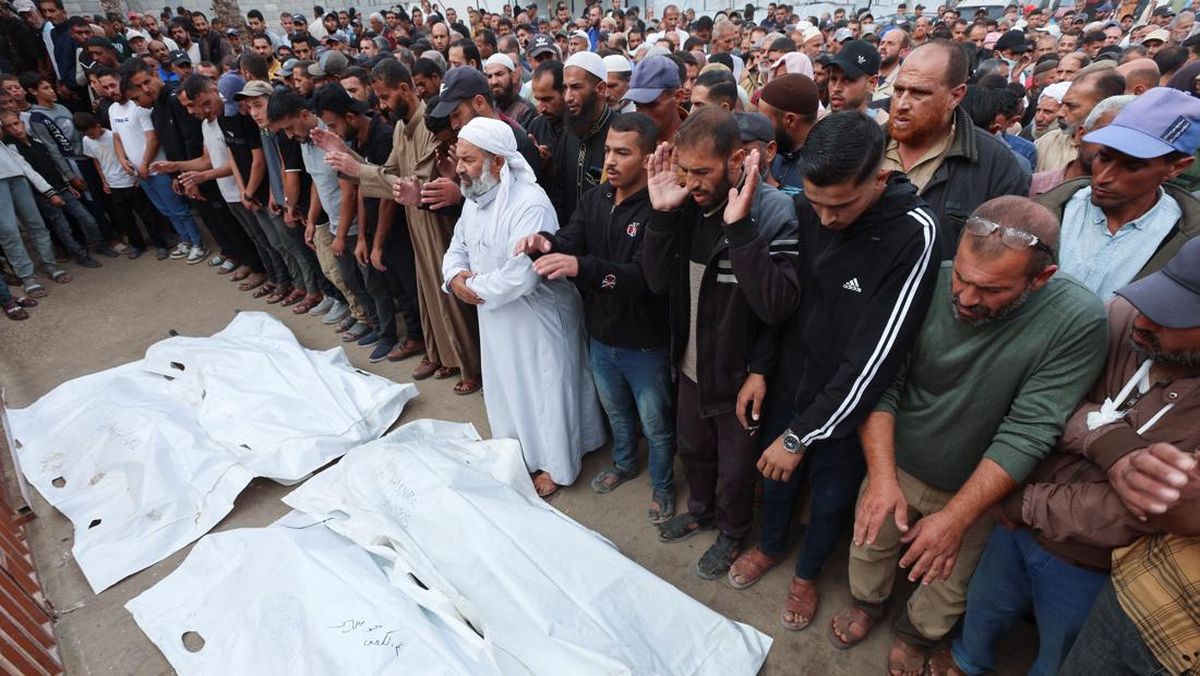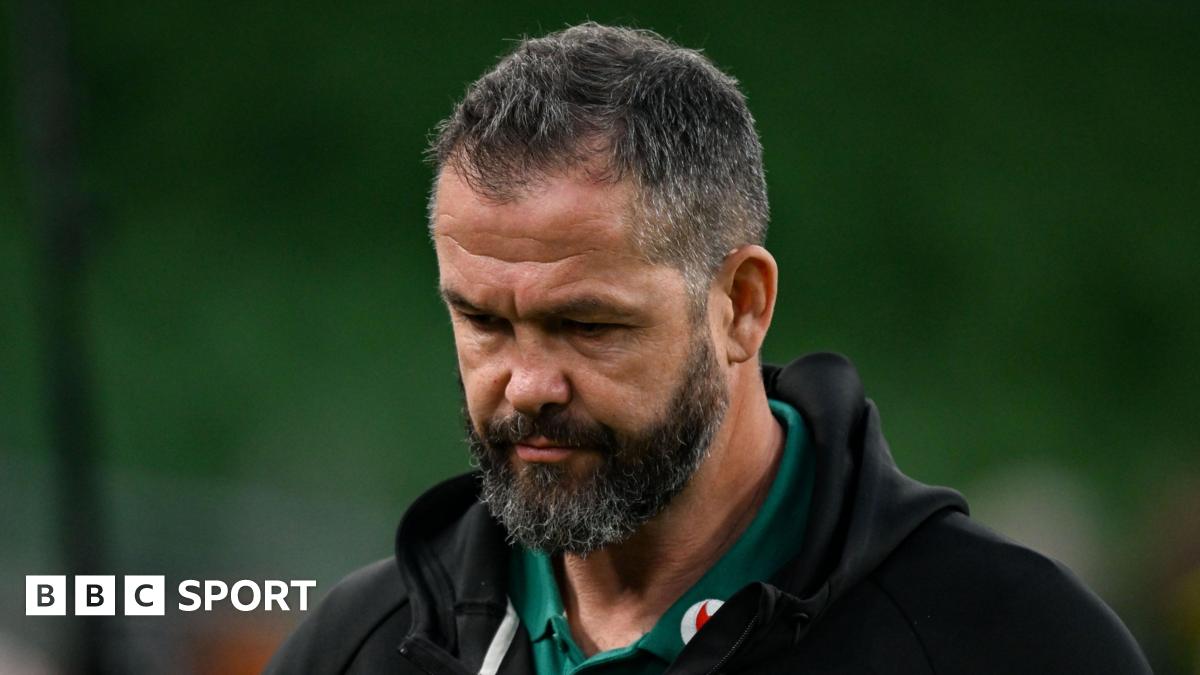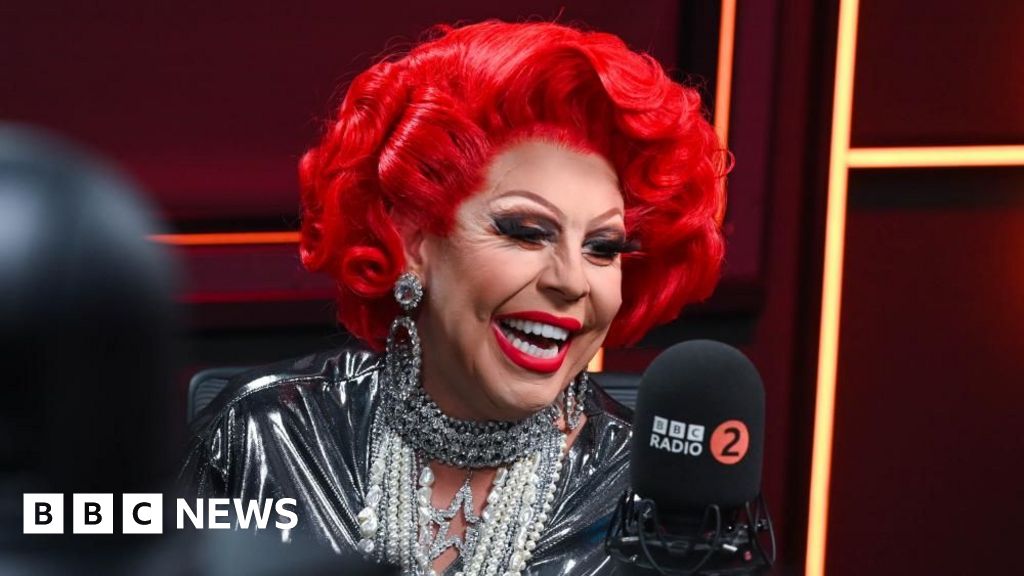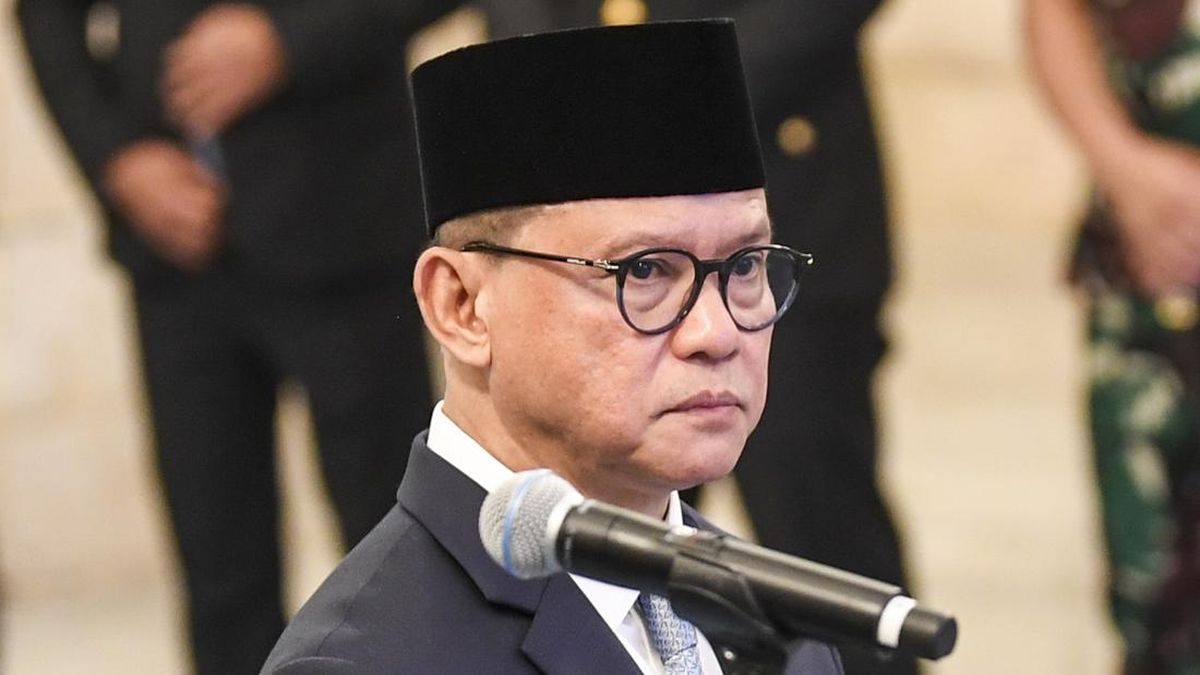Kmart has defended its ethical sourcing practices after being served with a court challenge to provide documents on how it has dealt with two clothing factories that have been linked to forced labour in Xinjiang, an autonomous territory in north-western China.
The Australian Uyghur Tangritagh Women’s Association (AUTWA) filed a Federal Court application on Monday seeking documentation from Kmart about what it knew of two clothing suppliers linked to the Xinjiang Uyghur Autonomous Region, where the Chinese government has systematically persecuted the Uyghur population and other Turkic minorities.

Kmart has been hit with a legal bid to provide documents on how it has dealt with two suppliers and their alleged links to forced labour in the Uyghur region.Credit: James Davies
Represented by law firms Maurice Blackburn and the Human Rights Law Centre, AUTWA is looking to determine whether Kmart followed its ethical sourcing procedures and monitored risks to mount a future legal case that would allege Kmart breached consumer law by making misleading and deceptive statements.
In a statement, a Kmart spokesperson said the retailing giant had been corresponding with AUTWA’s lawyers for more than 12 months and had provided “extensive details” of its ethical sourcing program that had been in place for 15 years.
Loading
“We invited the AUTWA to meet with us several times to help us understand their concerns,” said the Kmart spokesperson. “Suppliers in the Kmart ethical sourcing program are regularly monitored through activities including our site visits, audit programs and investigations if we receive any reports or complaints of concern.
“Where we learn of an alleged non-compliance with our code through an audit, site visit or complaint, or by a worker in a supplier’s factory, we take action to investigate and remediate the issue, working collaboratively with the supplier.
“When remediation isn’t possible due to the supplier’s refusal to do so, or repeated failures to make meaningful changes, we will exit the relationship.”
However, Maurice Blackburn principal lawyer Jennifer Kanis said the Australian retailer’s response during the 12 months of correspondence was “not satisfactory” because it had repeated public assertions about its ethical sourcing without providing any evidence.
“What do you do to make these ethical clothing, ethical sourcing claims?” Kanis said. “What do you actually do to back them up? What have you done in particular with these two factories?
“We’re saying, if you say you’re doing audits, and let us see the audits that you’ve done on these companies ... [Kmart has] not provided us with any of those documents. And so that’s why we’ve gone to court.”
Kmart’s spokesperson said it was the first Australian retailer to provide a list of factories it sourced from. The two contentious factories are Jiangsu Guotai Guosheng Co Ltd (Guotai) and Jiangsu Lianfa Textile Co Ltd (Lianfa), listed in Kmart’s 2025 and 2024 factory lists respectively.

Kmart says suppliers in its ethical sourcing program are regularly monitored.Credit: iStock
Kanis pointed to three main sources, including a 2021 paper from Sheffield Hallam University, a March 2021 letter from a UN special rapporteur issued to Guotai, and a 2020 report by the Australian Strategic Policy Institute that implicated the two companies in using forced labourers in the Uyghur region subjected to serious human rights abuses, such as arbitrary arrests and detention, mass surveillance, religious persecution and more.
Loading
“We’re asking for any third-party audits, any audits, any reports of any non-compliance with their ethical sourcing code, any reports or documents saying that they may have suspended or terminated or taken any other remedial action against those producers, and then any information on factory visits or complaints,” said Kanis.
Supply chains can be convoluted, with one company selling to another and then to another, Kanis said, adding that there could be more than two implicated factories.
“Other countries have much stronger regulations in relation to forced labour, like the US and Canada,” said Kanis. The law firm was open to settling the matter outside court if satisfactory documentation was provided, she said.
“It shouldn’t be left to our clients to take on companies like Kmart. There should be better regulation in place [in Australia],” she said.
AUTWA president Ramila Chanisheff said the legal case against the retail giant was the first of its kind in Australia.
“Kmart, as we know, is a very popular department store for all of us, and we want to make sure that the products made in China and sold in Kmart are not linked to Uyghur forced labour,” Chanisheff said in a video posted to the association’s Facebook page.
“The ultimate goal is, if it is found that Kmart’s products are linked to Uyghur forced labour, that Kmart needs to divest out of East Turkestan and out of China.
“Uyghurs are not only in camps in East Turkestan, but they could be trafficked into mainland China to work in labour camps.
“The ultimate goal is not only to hold Kmart to account, it’s also to [put] on notice for all other industries that bring products from China … All Australians need to be aware, and they need to be informed so that they make their choices correctly.”
Most Viewed in Business
Loading


















































